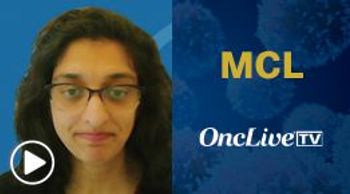
The Regional Care Network Medical Site Director at Memorial Sloan Kettering Cancer Center Basking Ridge discussed patient factors to consider when selecting treatment in R/R MCL.


The Regional Care Network Medical Site Director at Memorial Sloan Kettering Cancer Center Basking Ridge discussed patient factors to consider when selecting treatment in R/R MCL.
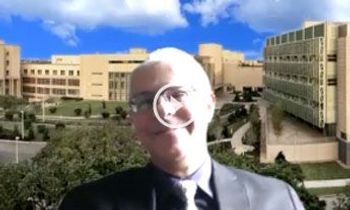
The associate member in the Department of Malignant Hematology at Moffitt Cancer Center discussed results of the ZUMA-3 trial.
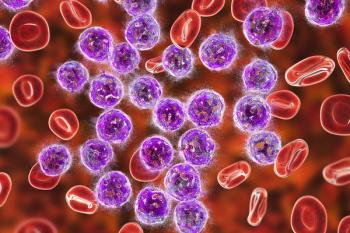
CAR T-cell therapy showed promising results in acute myeloid leukemia at ASCO 2021.
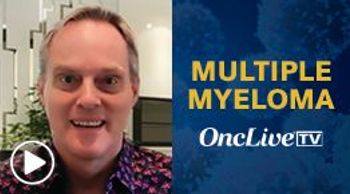
The inaugural leader of the Experimental Therapeutics Program at Sylvester Comprehensive Cancer Center, University of Miami discussed exciting novel therapeutic approaches in multiple myeloma.
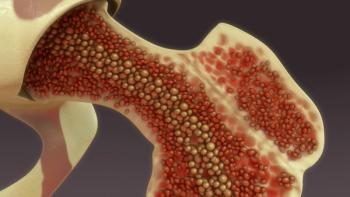
Jan Philipp Bewersdorf, MD, hospital resident at Yale University School of Medicine discussed the safety and efficacy of allogeneic hematopoietic stem cell transplant in myelofibrosis.
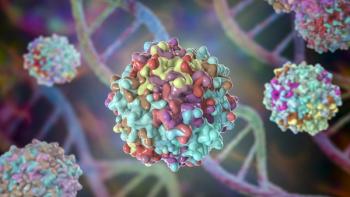
No concerning effects to liver health were observed in the phase 1/2a study.
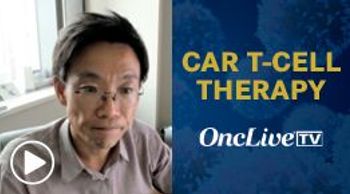
The hematologic oncologist from Memorial Sloan Kettering Cancer Center discussed emerging CAR T-cell therapies in hematologic malignancies.
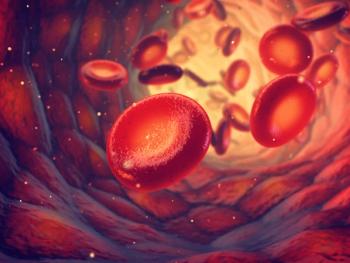
Phase 3 studies are continuing in the enhanced Padua FIX variant AMT-061 for hemophilia B.
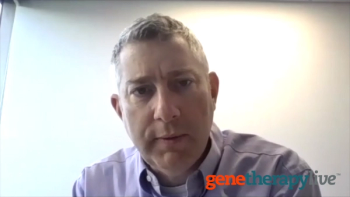
The executive vice president of research and development at Jasper Therapeutics discussed positive data from trials of JSP191 in MDS and AML.

The executive vice president of research and development at Jasper Therapeutics discussed how JSP191 is designed to be better-tolerated than current conditioning regimens.
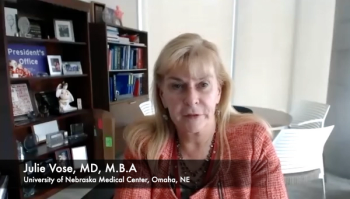
The professor of internal medicine in the Division of Oncology and Hematology at the University of Nebraska Medical Center discussed novel treatment options for patients with hematologic malignancies.
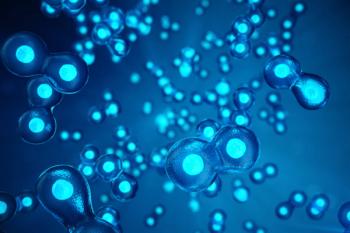
Bluebird Bio plans to submit its biologics license application in the US by mid 2021.

The professor of internal medicine in the Division of Oncology and Hematology at the University of Nebraska Medical Center discussed the benefits of CAR T-cell for patients with follicular lymphoma.
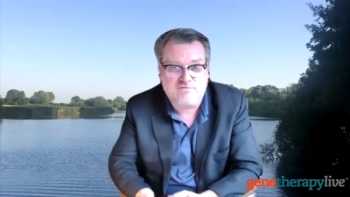
The chief technology and chief executive officer of Mustang Bio discussed the company’s integrated approach to drug development.
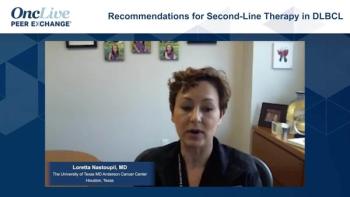
Experts discussed their recommendations for second-line treatment options for patients with DLBCL.
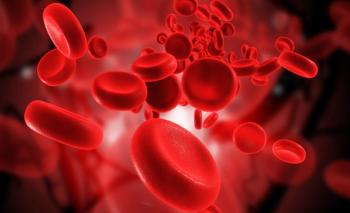
A drop in endogenous Factor VIII expression was observed from treatment to 5-year follow-up despite continued demonstration of efficacy.

Encouraging results from the phase 1 BrainChild-01 trial were recently published.
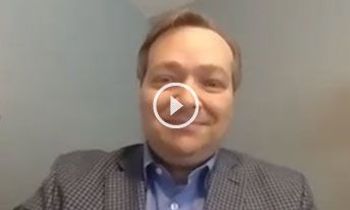
The hematologist/oncologist from the Harold C. Simmons Comprehensive Cancer Center discussed the updated results of the KarMMa trial in relapsed/refractory multiple myeloma.
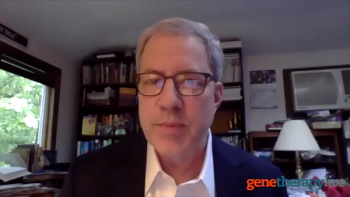
Manuel Litchman, MD, the president, chief executive officer, and director of Mustang Bio discussed the company’s lead and second program.
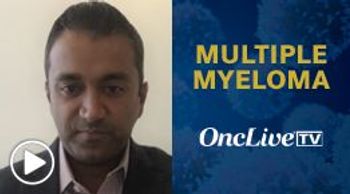
The physician from the Dana-Farber Cancer Institute discussed the uptake of novel therapies in heavily pretreated multiple myeloma.
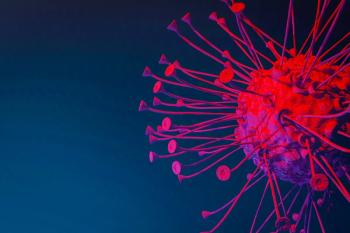
The phase 1b KEYNOTE-B79 trial of CYAD-101 for mCRC is expected to initiate in Q4 2021.

The president, chief executive officer, and director of Mustang Bio discussed the company’s pipeline.
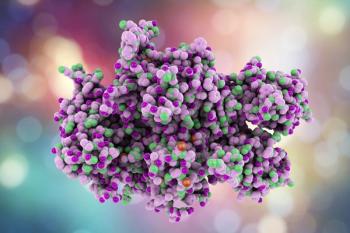
Over 90% participants had an annualized bleeding rate of 0 or a lower bleed rate than baseline after week 4 after treatment.
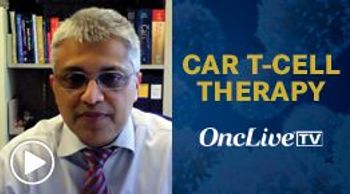
The hematologist from Mayo Clinic discussed the integration of CAR T-cell therapy into the treatment paradigm for heavily pretreated multiple myeloma.

With advancements happening at unprecedented rates, these are the cell and gene therapy companies and pipelines we’re keeping a close eye on.